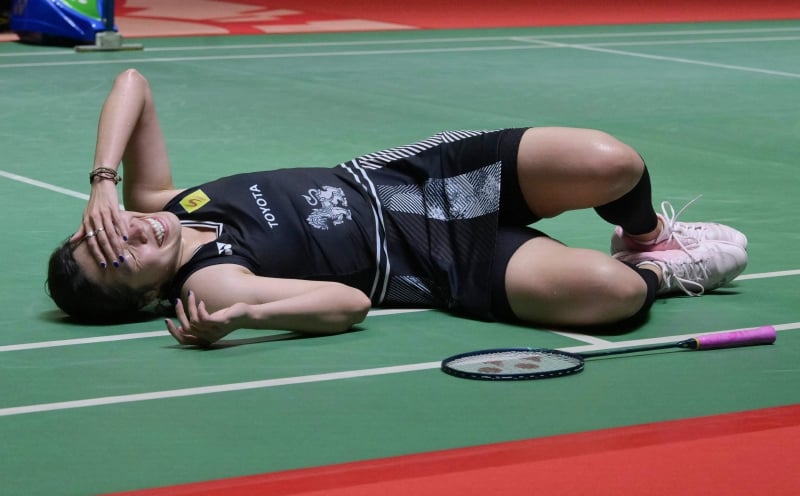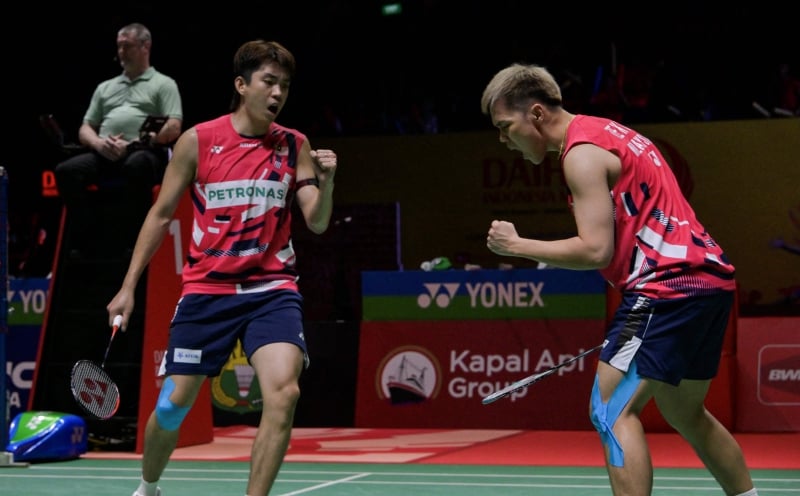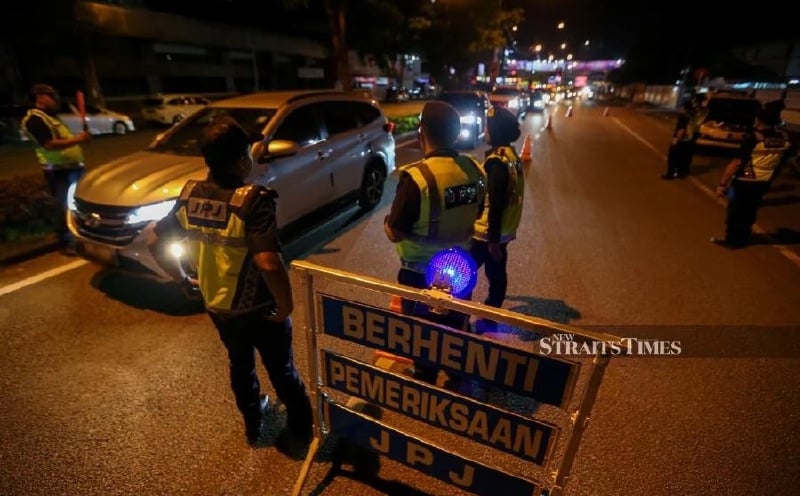IN the wake of strong comments by Muslims about the tight-fitting gymnastic attire that Farah Ann Abdul Hadi wore at the Sea Games in Singapore, the Islamic Development Department (Jakim) announced that it would come up with guidelines on what Muslim women should wear when participating in sports.
Although these guidelines are advisory and not law, the public and the business sector have learnt not to take them lightly, because with Islam being institutionalised and politicised in this country, the guidelines are as good as law.
Notice the reaction of the entertainment industry after Jakim issued guidelines regarding stage performances by male and female artistes, including the kind of jokes that are forbidden, in response to complaints by Muslims about Malay girls misbehaving at a K-pop concert.
Entertainment companies took these guidelines seriously as they dared not take the risk of bringing in foreign artistes for fear that bureaucrats in the religious department might withdraw the permit at the last minute, which will cause the company to lose money.
No bank will provide financing to an entertainment company bringing in foreign artistes in view of the risk of arbitrary action by the religious bureaucracy.
No company relishes the idea of suing the religious authorities for abuse of power, because when Islam is involved, the dice is stacked against the entertainment industry which, to conservatives, is a source of sin.
The paranoid among them will even swear that girls can get pregnant after mixing with boys at a pop concert. As a result of our extremism, some foreign shows have avoided coming here.
While this is a loss of business to the entertainment and tourism industries, the religious authorities have no regrets about the damage caused to nightlife in our capital city.
The beneficiaries are our neighbouring countries. Malays and other Malaysians are streaming to Singapore, Bangkok and Jakarta to watch pop stars in action, causing a loss of foreign exchange.
It is not far-fetched to say that if Jakim issues guidelines on Malay women participating in sports, the attraction of Malaysia as a destination for international sports events will suffer.
We will host the next Sea Games in 2017.
In the past, Malaysia also hosted the Commonwealth Games and Asian Games. I have no doubt that if the Jakim guidelines are introduced, foreign countries will be under pressure to not send their contingents to Malaysia, on grounds that the religious guidelines violate human rights.
Indonesia, the largest Muslim country in the world, may boycott the games because the guidelines will be taken as an insult to its Muslim women athletes.
The insinuation that other Muslim women are not Islamic will be so disgusting that we can envisage foreign non-governmental organisations staging rallies to bar their athletes from coming here for the games.
We can also envisage Malaysian NGOs joining their foreign counterparts to urge other countries to boycott the games here.
Moderate Malaysians will cheer these NGOs on and lend their support to campaigns to tell the world that Malaysia does not deserve to be given the honour to host the games.
In case some people think I am exaggerating, let’s remember that some 30 years ago, many Western countries boycotted the Moscow Olympics after Russian troops invaded Afghanistan.
Today, there is pressure to cancel the World Cup and the Olympics awarded to certain countries on grounds of corruption and abuse of human rights.
The pressure to boycott is coming from NGOs and across all levels of society, and with the growing worldwide revulsion at the dirty tactics in Fifa, corporate sponsors are also threatening to pull out their financial support if the venues for the World Cup and Olympics are not changed.
I foresee similar humiliation for Malaysia, with the religious extremism and intolerance here
.
Worse still, extremism is institutionalised and state sponsored, which the United States State Department pointed out in its annual reports.
It is an irony that while our economic and financial ministers are assuring us every day that our fundamentals are strong and that we are on the way to achieving a high- income status of a developed country by 2020, a prediction which I agree with, we have agencies like Jakim and the Biro Tata Negara having their own agenda and mission that may work in the opposite direction: it will take us back to the low-income status of underdevelopment.
It is time that these agencies at the Prime Minister’s Department — their salaries are paid by tax payers through the annual budget — be made accountable to the public about their operations.
Following the practice in developed countries, and as we claim to become a developed country ourselves soon, we should hold a public enquiry at Parliament on their operations so that lawmakers can decide whether these two agencies should continue to exist or have their mission redefined with a reduced budget.
When we demonstrate that
we can deal with issues of race, religion and human rights transparently, and if we treat our sports girls without any religious restriction, we will stand a better
chance of hosting the next Sea Games and other international games.
Tan Sri Mohd Sheriff Mohd Kassim,Kuala Lumpur











